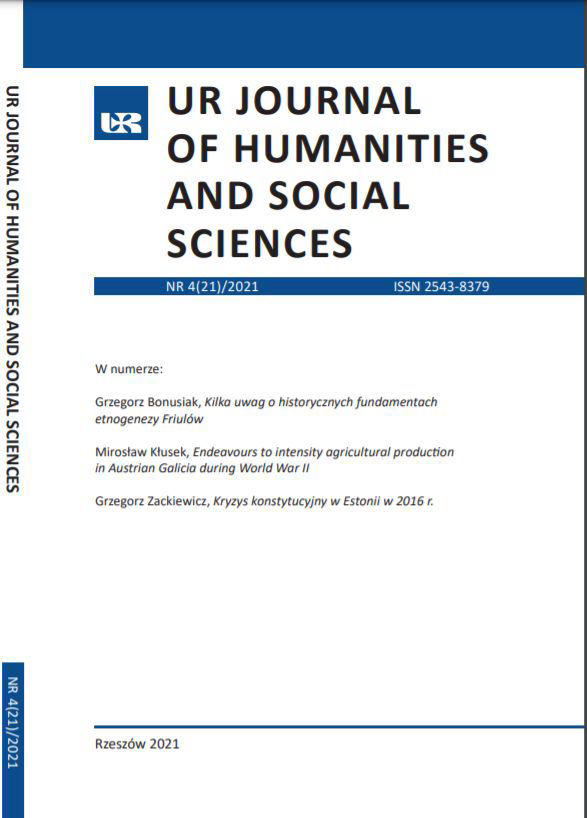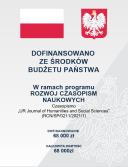Higher Education Sector as an instrument to tackle crises (the European Union perspective)
DOI:
https://doi.org/10.15584/johass.2021.4.6Keywords:
crisis, Higher Education, EU Programmes, Quintuple HelixAbstract
The purpose of the article is to analyse the actions of the European Union aimed at supporting higher education, which would lead to recovery from crises and achieving sustainable development. The article uses a descriptive-inductive method by analysing EU communications, regulations and programmes. Crises have at least a dual nature of effects (positive and negative). It is worth emphasising that the tools to tackle a crisis should not be temporary, but should be used to enhance resilience and future development. Moreover, the priorities of EU programmes correspond with the values expressing the essence of the Quintuple Helix. Investment in higher education coincides with these characteristics, but its anti-crisis functions are often overlooked or marginalised. The key role of higher education institutions as a tool to tackle a crisis is included in the Europe 2020 Strategy, and the programmes developed on its basis for the education system are characterised by a commitment to openness and inclusiveness. Higher education corresponds with the indicated anti-crisis properties, at the same time constituting one of the key areas of EU support. The added value of this article is the presentation of the role of investment in knowledge in crises and the importance of this process for the EU.
Downloads
Downloads
Published
How to Cite
Issue
Section
License
Copyright (c) 2021 Wydawnictwo Uniwersytetu Rzeszowskiego

This work is licensed under a Creative Commons Attribution-NonCommercial 4.0 International License.



